The Anglo-Saxon Period
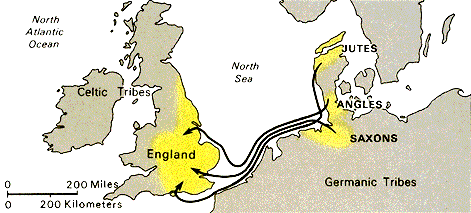
 |
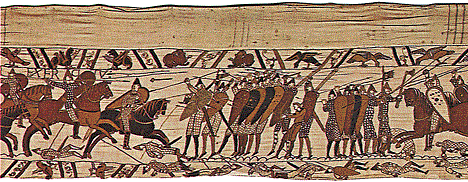 |
 | |
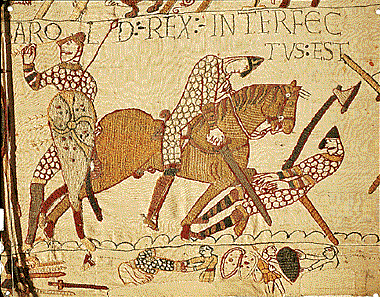 |
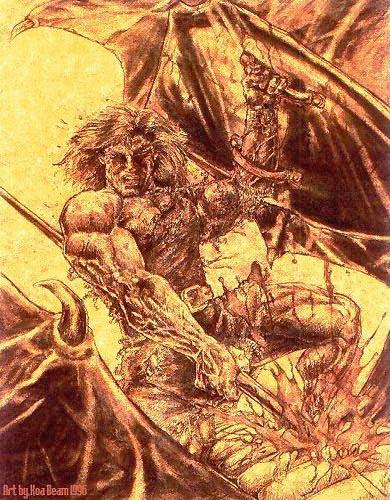 |
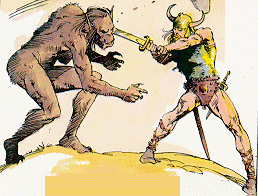 |
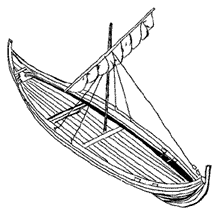 |
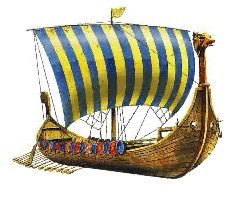 |
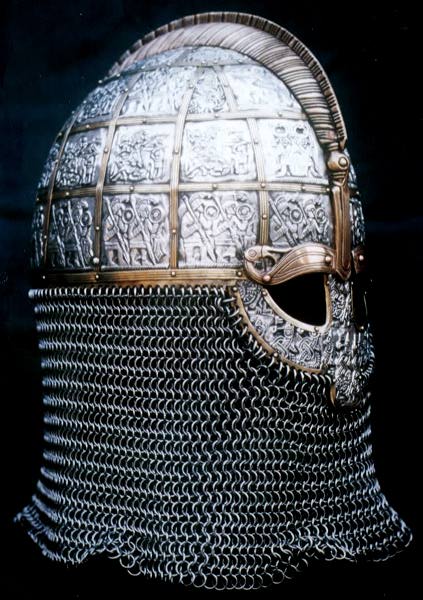 | |
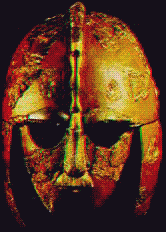
|
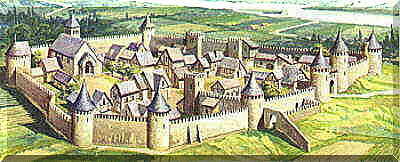 |
Oft him anhaga are gebideš, metudes miltse, žeah že he modcearig geond lagulade longe sceolde hreran mid hondum hrimcealde sę, wadan wręclastas. Wyrd biš ful aręd! Swa cwęš eardstapa, earfeža gemyndig, wražra węlsleahta, winemęga hryre: "Oft ic sceolde ana uhtna gehwylce mine ceare cwižan. Nis nu cwicra nan že ic him modsefan minne durre sweotule asecgan. Ic to sože wat žęt biž in eorle indryhten žeaw, žęt he his feršlocan fęste binde, healde his hordcofan, hycge swa he wille. Ne męg werig mod wyrde wišstondan, ne se hreo hyge helpe gefremman. |
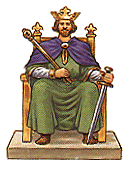 |
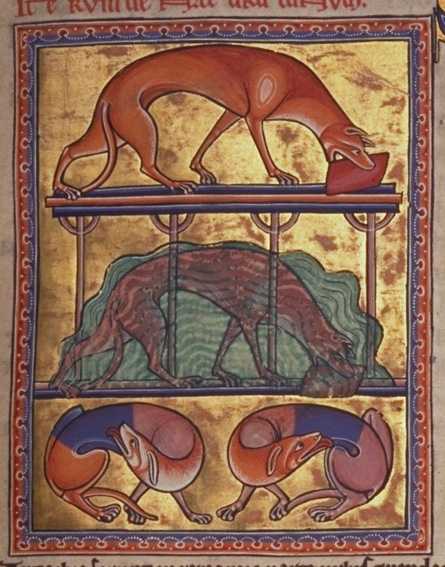
|
 |
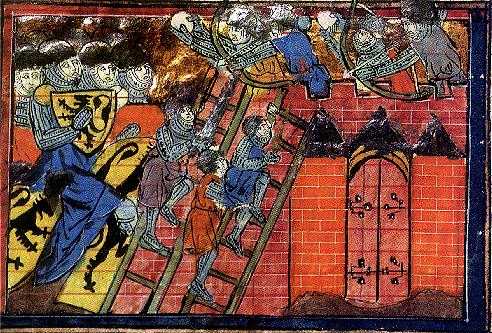 |
 |
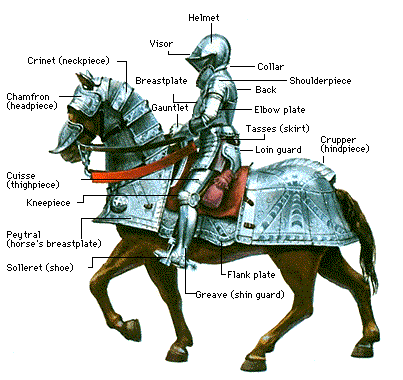 |
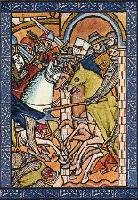
|
the Wars of the Roses had concluded and the Tudor family gained firm control of the monarchy; and around 1450, Middle English literature became an important art form, soon to dominate the English Renaissance. The arrival of the printing press from Germany helped make England "land of the poets." |
 |
Folk Ballads were part of the oral tradition. |
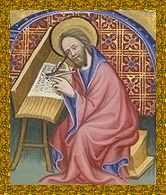
|
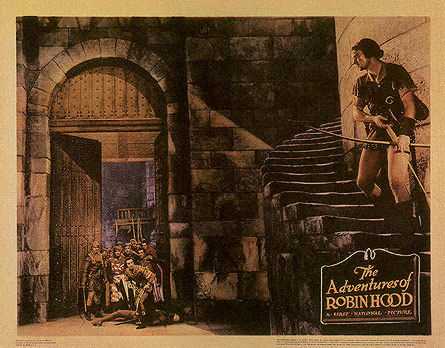
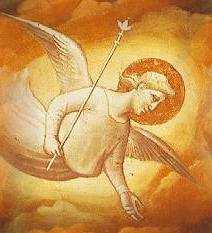 |
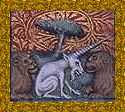 |
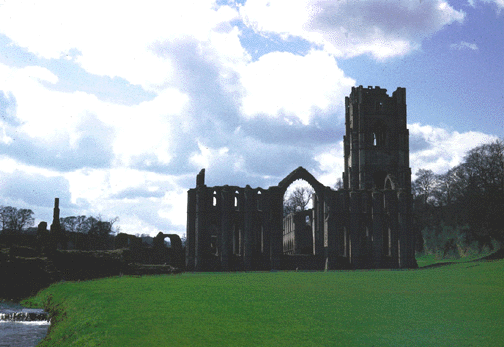 |
 |
The traditional ballad was an anonymous poem that was mainly intended to be heard, not read. The modern ballad has a known author and is either published and intended to be read as formal literature or serves as the lyrics for popular songs. | ||
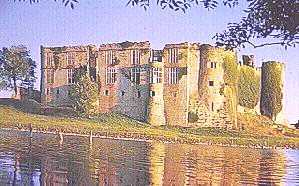 |
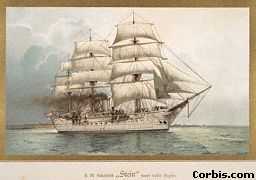 |
 |
are far too stubborn to say the first word because of a bet. As a result, intruders abuse them and they willingly suffer the consequences. |
 |
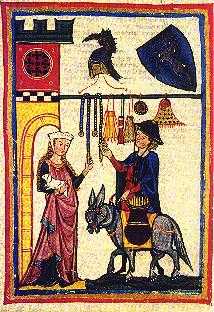 |
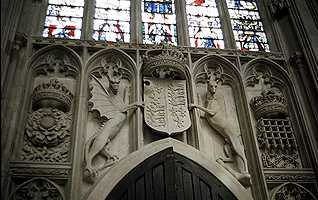 |
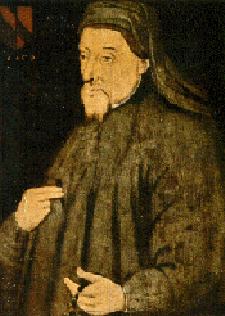 |
||
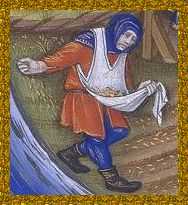 |
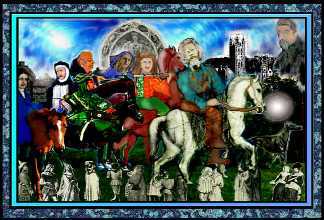 |
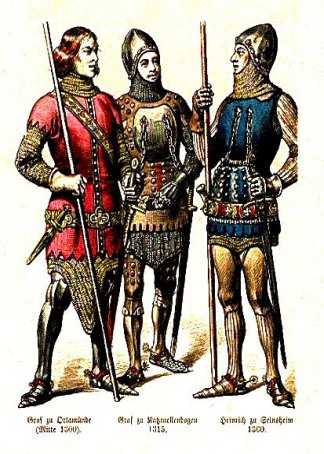
|
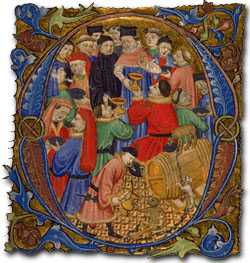 |
with a lesson or moral. In this case, "greed is the root of all evil." In ironic fashion, a trio of drunken fools seeks death and eventually finds it in their own self-destruction. The tale's only complex element is a mysterious old man who directs them to the fatal pot of gold. Was he just an old man, unwanted by death, or was he death itself? |
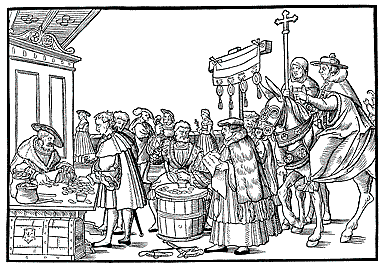
|
 |

|
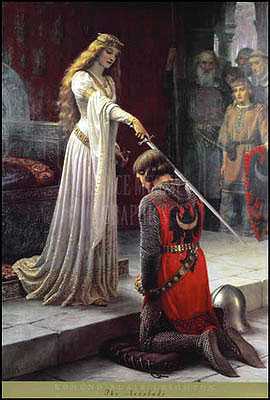 |
||
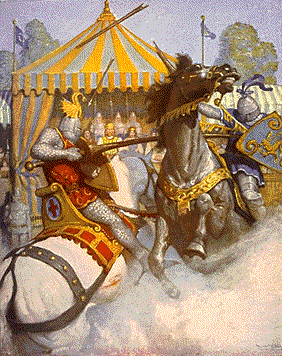 |
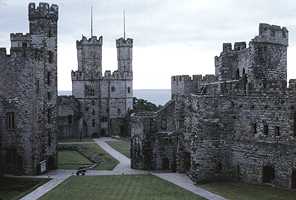 |
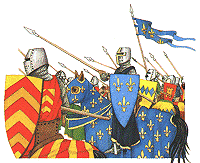 |
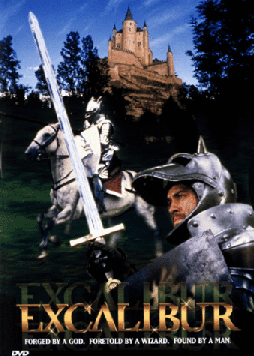 |
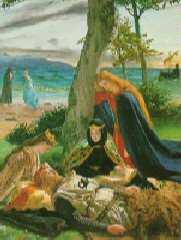 |
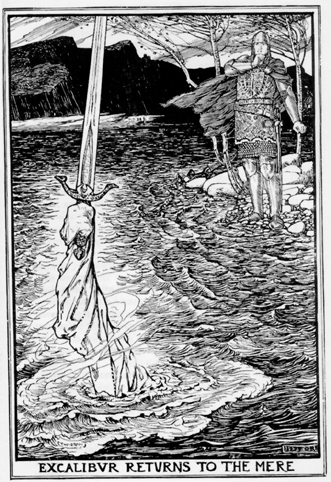 |
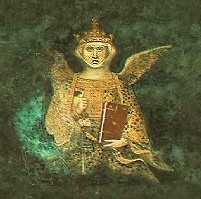 |
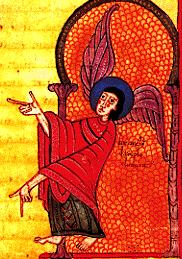 |
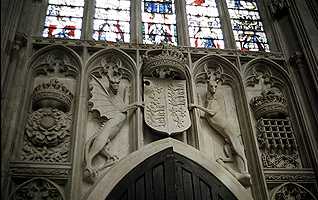 |
 |

|
version of Sir Gawain and the Green Knight.
SIŽEN že sege and že assaut watz sesed at Troye, |

|